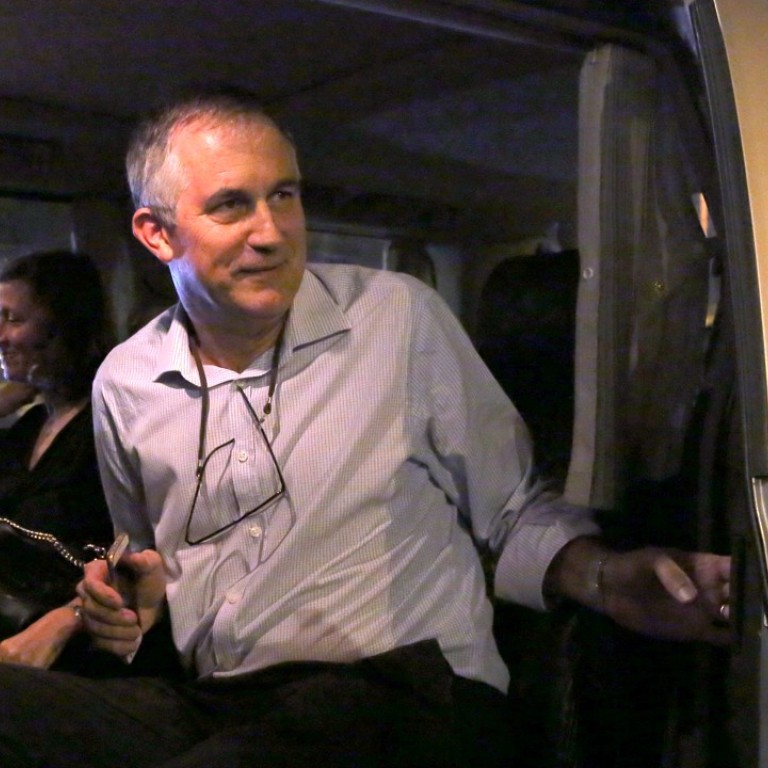
Ban on Financial Times journalist Victor Mallet entering Hong Kong risks undermining business confidence, British minister warns
- Security chief refuses to explain why editor – previously refused a work visa – was again denied entry to the city, this time as a tourist
- Pro-democracy lawmakers said it was wrong for the government to bar Mallet
Hong Kong’s decision to ban a foreign journalist risked undermining business confidence, a visiting British minister warned on Friday, as emotions over the state of the city’s freedoms seesawed over whether another writer would be allowed entry to make public appearances.
In the end, Chinese dissident author Ma Jian passed through immigration smoothly and arts venue Tai Kwun backtracked on its much-criticised decision to cancel his two talks.
The heritage site which had originally turfed out Ma because it did not want to promote political interests said it was now satisfied after hearing him “clarify” he was speaking as a novelist and had no intention to use the platform for political purposes.
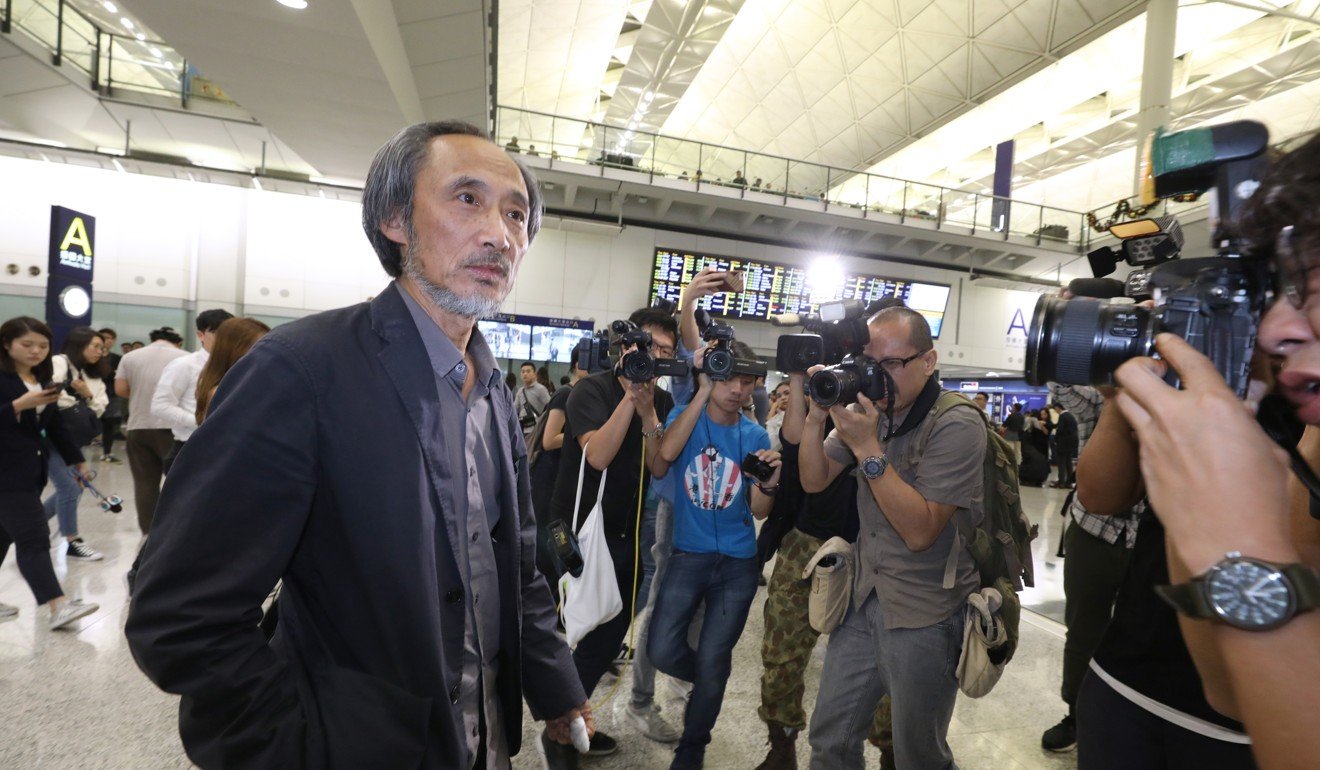
The centre also revealed it had attempted but failed to find alternative venues for Ma’s talks on his book China Dream, a satire on the communist state.
Another venue, the Annex at Nan Fung Place, had agreed to host Ma – a British citizen with Hong Kong permanent residency – but pulled out after its owner refused permission, sources told the Post.
Even as the fate of Ma’s talks was settled by day’s end, worries simmered over the state of media freedom as the government banned Financial Times journalist Victor Mallet from entering the city late on Thursday.
Among those voicing fears was visiting British minister of state for Asia and the Pacific Mark Field who warned it could risk having a negative effect on business in the city.
Reason for journalist’s visa denial to stay secret as Legco motion fails
“I’m concerned that the increasing number of bits of pressure that are coming to the system of ‘one country, two systems’ will also undermine business confidence,” he told the Post.
Field noted that there had been much speculation a decade or so ago that Shanghai would usurp Hong Kong as a financial centre, but the former British colony’s status as “an open, free trading place has meant that Hong Kong has gone from strength to strength”.
“It would be in no one’s interest to see Hong Kong undermined,” he said. “My concern … is that these high profile cases, of undermining freedom of speech, and the freedom of the press, can only potentially undermine that economic success as well.”
He cautioned: “I very much hope that the Hong Kong authorities will think carefully about the way in which they deal with these matters in the future.”
Carrie Lam grilled in Japan on freedom of speech after Victor Mallet visa denial
Field said the British consul general in Hong Kong Andrew Heyn had written to the city’s leader on Mallet’s denial of entry. Field, who is on Asia-wide trip, is expected to meet the city’s No 2 official, Chief Secretary Matthew Cheung Kin-chung, on Sunday.
Field said the Mallet case went against the spirit of one country, two systems.
Earlier in the day, Secretary for Security John Lee Ka-chiu insisted the ban on Mallet had nothing to do with press freedom. But he declined to explain the decision, citing “data privacy considerations”.
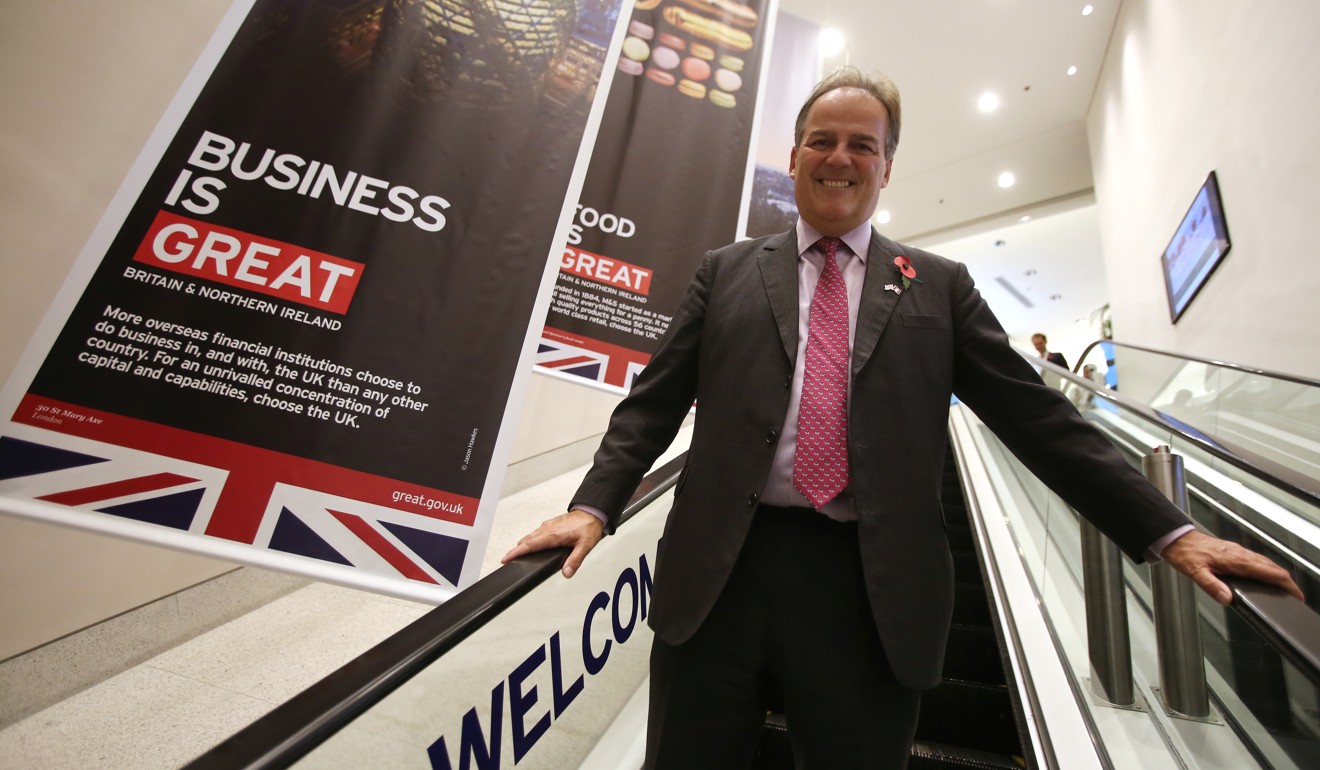
It was a second rejection for Mallet, who was denied a work visa renewal last month, sparking a major controversy for the government.
The denial was widely linked to his moderation of a talk at the Foreign Correspondents’ Club in August by pro-independence activist Andy Chan Ho-tin, then convenor of the now-banned Hong Kong National Party. The government has given no explanation for the decision.
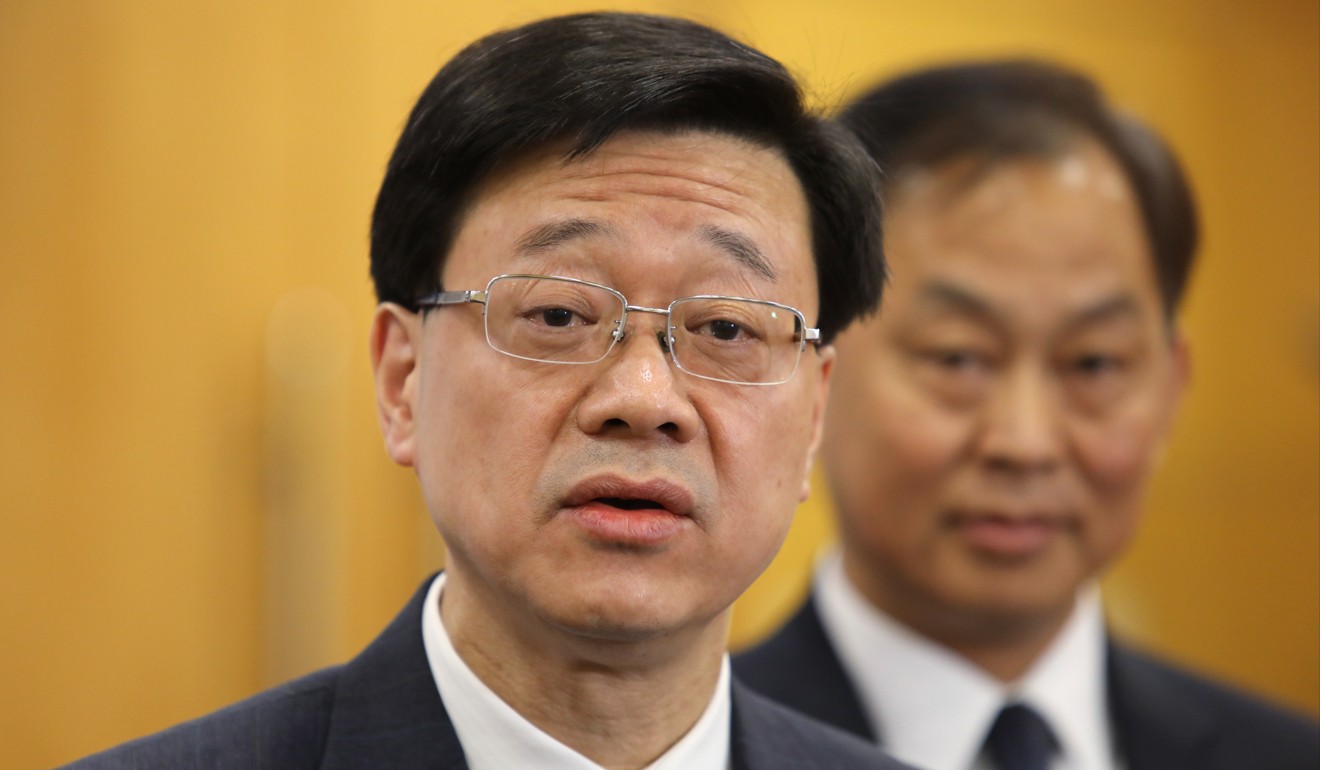
Echoing Field’s fears, Charles Mok, a pro-democracy legislator who represents the city’s IT sector, said the business community had expressed concern over the Mallet incident since the furore began last month.
“I know a major international company has halted a massive investment in Hong Kong that is worth more than HK$10 billion (US$1.3 billion) [because of concerns over the Mallet case],” Mok said, without naming the firm involved.
Sentiment would only worsen after the latest refusal, he warned.
Speaking on the sidelines of a meeting at Hong Kong’s legislature on Friday, Lee said 60 million people entered from abroad each year, and it was normal for some to be denied entry.
Hong Kong will have freedoms but can’t allow anti-China talk, says official
“Full disclosure of details may prejudice immigration policy as a whole,” he said.
“In considering any application for entry, we will act in accordance with the law and the prevailing immigration policy to make a decision. This is no different from the immigration authorities of other governments.”
Former secretary for security Regina Ip Lau Suk-yee said she believed Mallet was testing the authorities with his latest visit.
“I believe Mr Mallet wanted to test the Hong Kong government’s bottom line; whether he has become an unwelcome person,” said Ip, a legislator who also sits on the Executive Council, a body of policy advisers to the city’s leader.
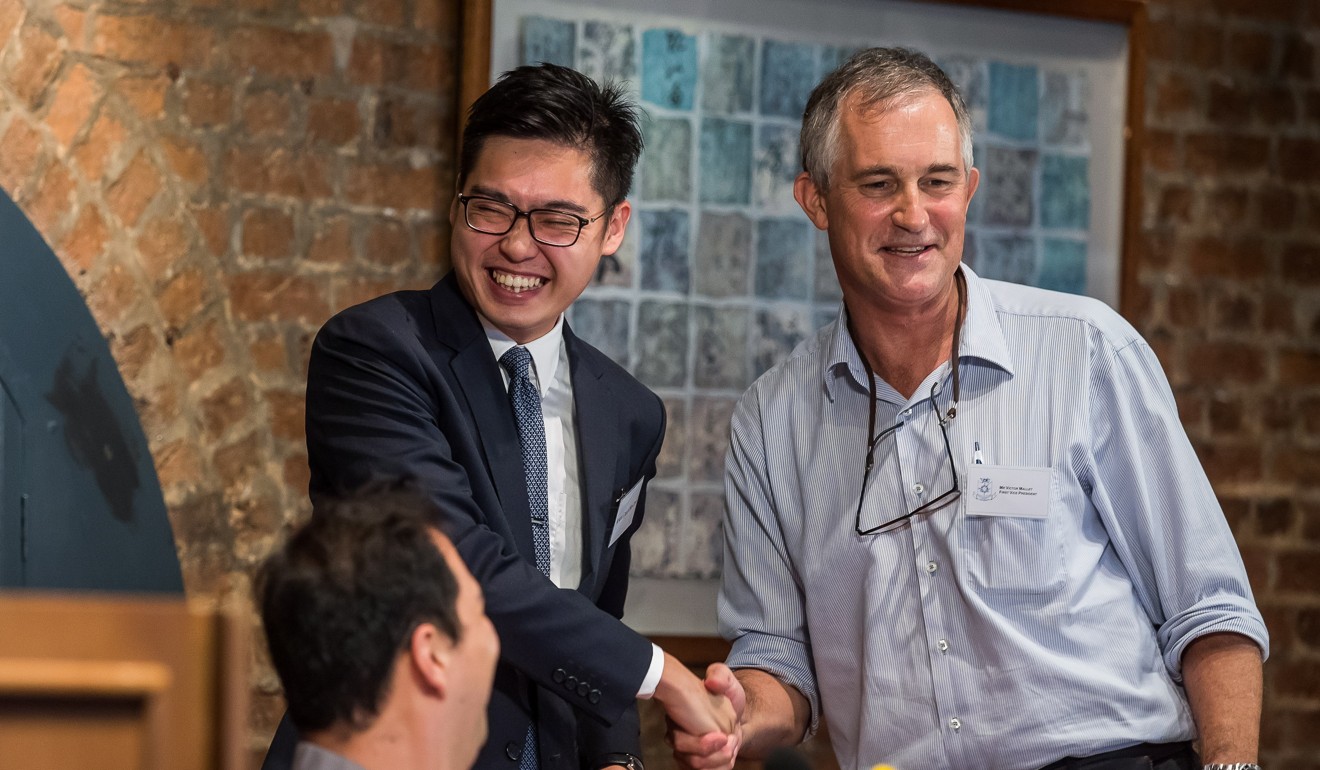
But pro-democracy lawmakers said it was wrong for the government to bar Mallet. The camp issued a statement saying they were “extremely shocked and angry”.
The Hong Kong Journalists Association echoed the concerns with its statement on Friday.
“The association condemns the government for unreasonably rejecting Mallet’s entry request, severely violating the freedoms of press and speech, and further damaging the reputation and status of Hong Kong as an international city,” the statement read.
I know a major international company has halted a massive investment in Hong Kong that is worth more than HK$10 billion
Earlier this week, representatives from seven countries at the UN Human Rights Council hearing in Geneva made use of a portion of their allocated speaking time to draw attention to what they viewed as Hong Kong’s eroding freedoms.
Cheung, as Hong Kong’s delegate to the UN hearing, sounded a defiant tone, and called the concerns “unwarranted, unfounded and unsubstantiated” and stemming from “a lack of understanding”.
Asked if London would consider stronger means than just talking to officials about its view on the situation, Field said: “The most effective way is not to grandstand and make threats but it is actually to engage in a discussion … I was very disappointed by this latest development in the Victor Mallet case, I will make those representations very clear.”
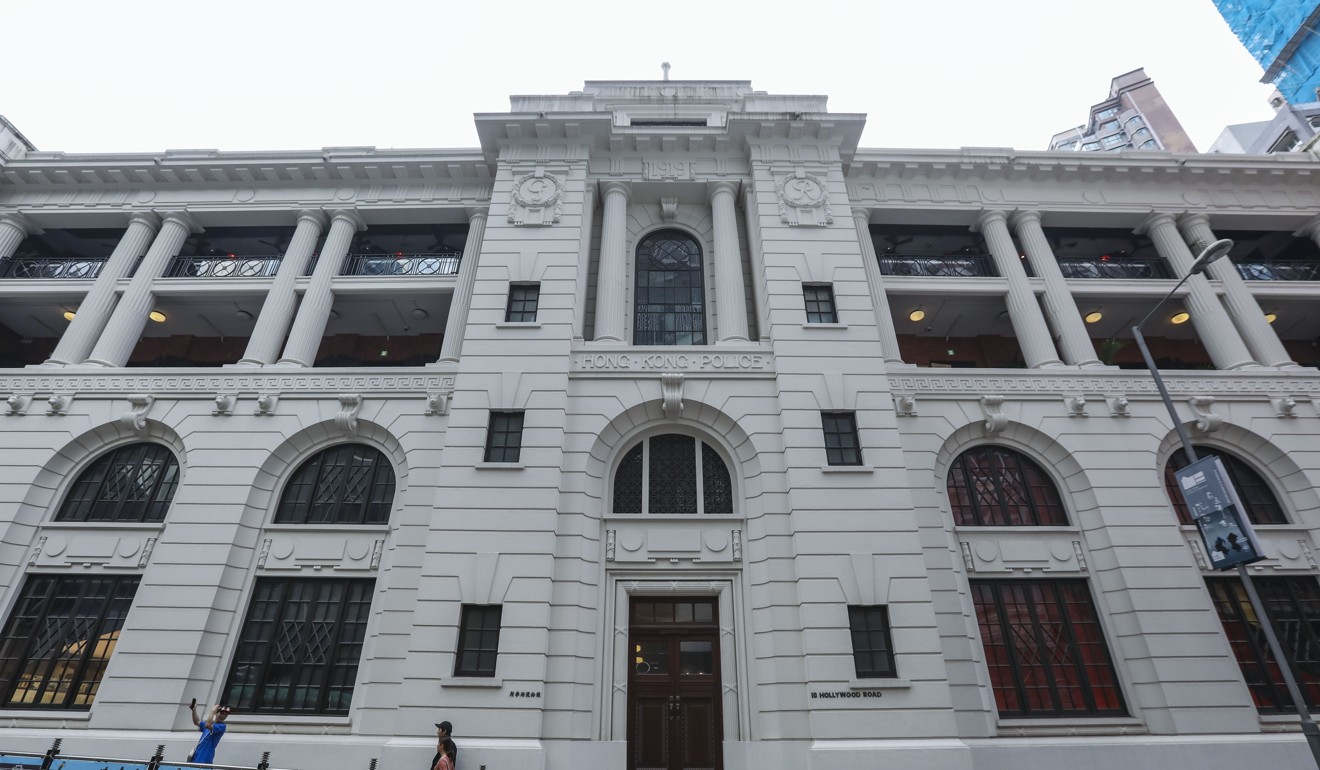
Even as the spotlight was on Ma and Mallet and criticism was heaped at the government, critics also questioned the decision-making process at Tai Kwun.
Former secretary for the civil service Joseph Wong Wing-ping called it chaotic and ridiculous and questioned director Timothy Calnin’s reasoning.
“Ma’s talks are part of an international literary event, and authors should be free to criticise governments in Hong Kong, so how could the director at the beginning accuse Ma of promoting political interests? And the reason for his U-turn is in fact overthrowing his first accusation,” he said.
Victor Mallet made himself unwelcome in Hong Kong
Wong said the cancellation appeared to be a result of external influence, instead of self-censorship. “Judging from the Tai Kwun director’s background, the line of preventing promotion of political interest doesn’t look like his own idea.”
Ray Yep Kin-man, associate head of the public policy department of City University, said the strong public backlash probably prompted the hidden hands behind the move to block Ma to back down.
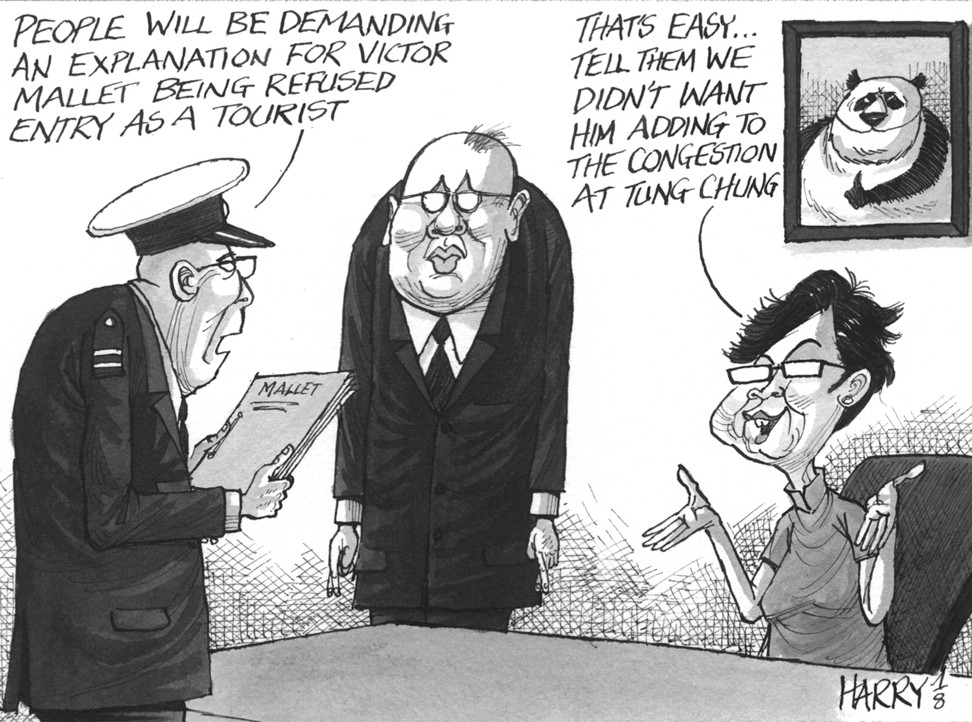
Yep said Tai Kwun still owed the public an explanation on its criteria in hosting events.
“If possession of certain political beliefs is equal to ‘promotion of political interest’, then … it could be very damaging to free expression,” he said.


